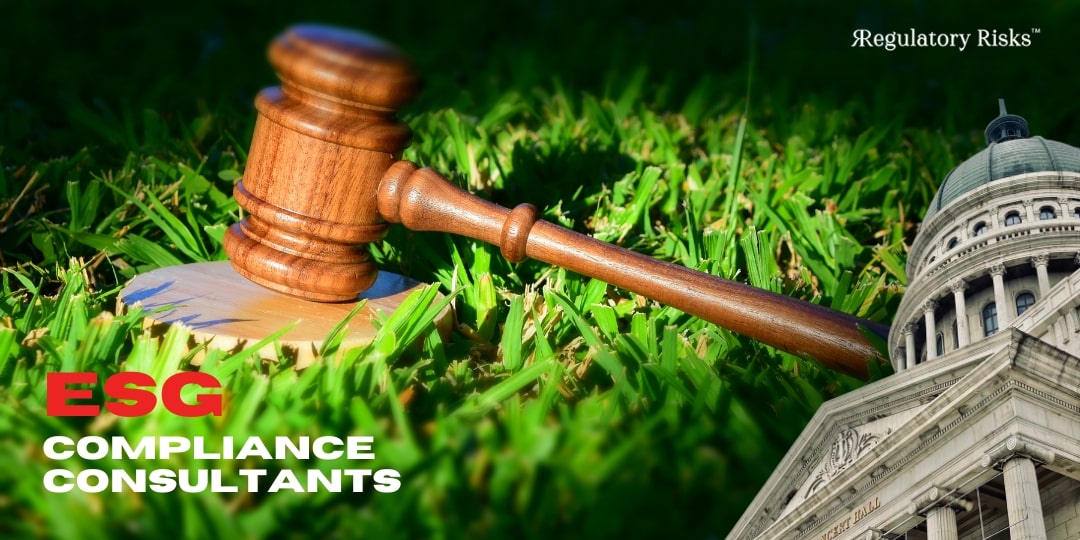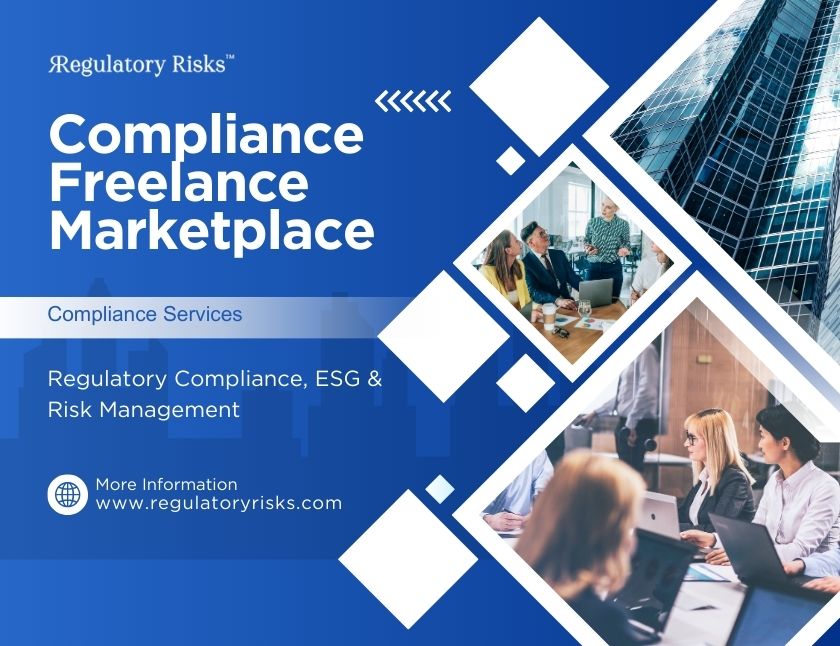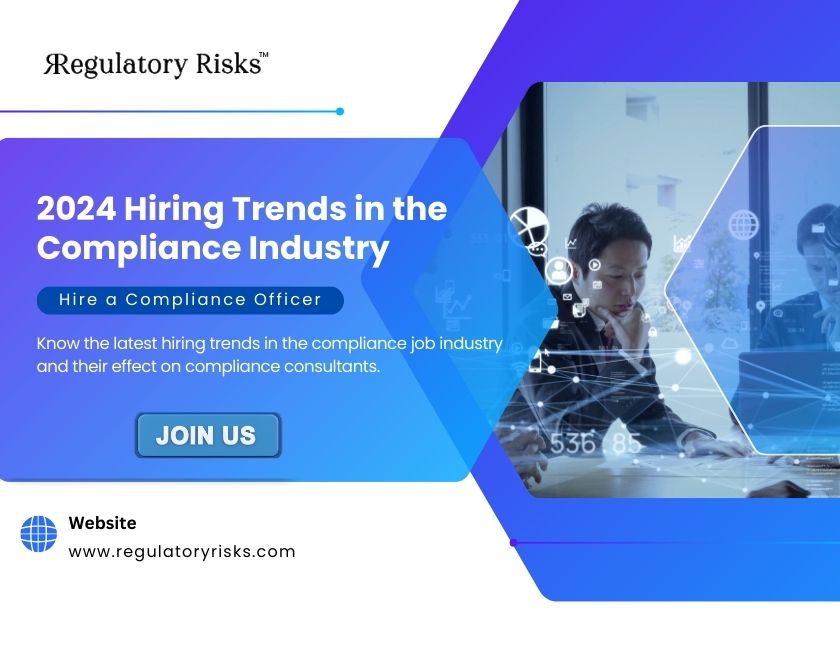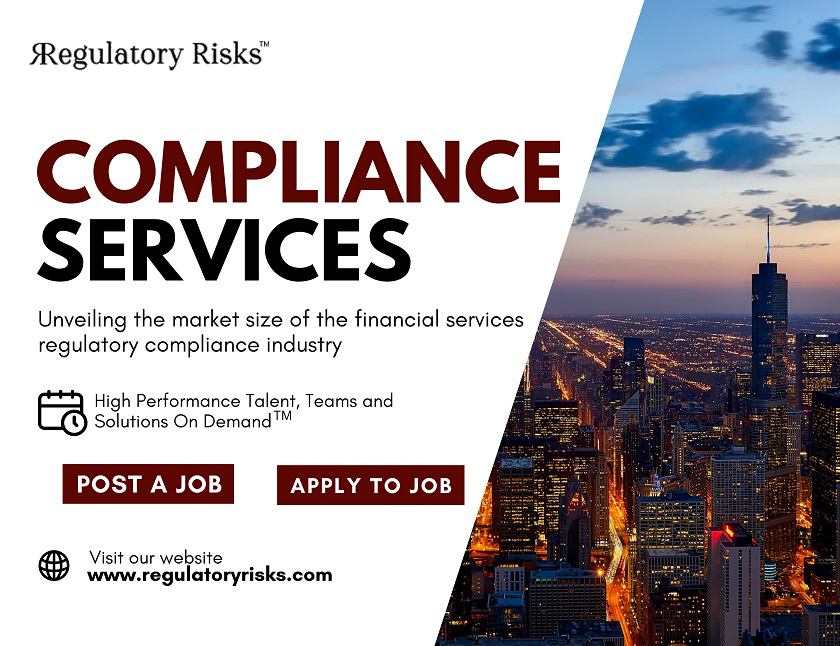In the ever-evolving landscape of regulatory compliance, 2024 brings new challenges and opportunities for businesses. Environmental, Social, and Governance (ESG) compliance is at the forefront of these changes, reflecting a growing emphasis on sustainable and ethical business practices. As companies strive to meet these new standards, the role of ESG compliance consultants becomes increasingly vital. This article delves into the key regulatory compliance themes of 2024, explores the integration of artificial intelligence (AI) in compliance departments, and highlights the advantages of using freelance ESG platforms that connect businesses with top-tier ESG compliance professionals.
Understanding ESG Compliance
ESG compliance refers to a set of standards for a company's operations that socially conscious investors use to screen potential investments. Environmental criteria consider how a company performs as a steward of nature. Social criteria examine how it manages relationships with employees, suppliers, customers, and the communities where it operates. Governance deals with a company's leadership, executive pay, audits, internal controls, and shareholder rights.
Importance of ESG Compliance
As stakeholders, including investors, customers, and regulators, place increasing importance on ESG factors, businesses must ensure they adhere to these standards to remain competitive and maintain their reputations. Therefore, understanding and implementing these standards is crucial for long-term success.
Key ESG Regulatory Themes for 2024
Enhanced Reporting Requirements
Regulatory bodies worldwide are introducing stricter ESG reporting requirements. Thus, companies must disclose more detailed information about their sustainability practices.
Climate Risk Management
Businesses are being urged to identify, assess, and manage climate-related risks. Consequently, these considerations are integrated into their overall risk management frameworks.
Diversity and Inclusion
Companies are increasingly being held accountable for their efforts in promoting diversity and inclusion within their workforces and leadership teams. For this reason, creating inclusive environments is essential.
Supply Chain Transparency
There is growing scrutiny on the ethical practices of suppliers and partners. Therefore, greater transparency and accountability throughout the supply chain are necessary.
The Role of ESG Compliance Consultants
Why Hire ESG Compliance Consultants?
ESG compliance consultants are specialists who help companies navigate the complex web of ESG regulations and standards. They offer several key benefits:
Expertise: ESG consultants bring specialized knowledge and experience in sustainability and regulatory compliance, helping businesses implement effective ESG strategies.
Objectivity: External consultants provide an unbiased perspective, identifying areas for improvement that internal teams may overlook.
Efficiency: By outsourcing ESG compliance tasks, companies can focus on their core operations while ensuring they meet regulatory requirements.
How ESG Compliance Consultants Help
Assessing ESG Risks and Opportunities: Consultants evaluate a company's current ESG practices, identifying risks and opportunities for improvement.
Developing ESG Strategies: They assist in creating comprehensive ESG strategies aligned with regulatory requirements and stakeholder expectations.
Implementing ESG Programs: Consultants help implement ESG programs, including setting up data collection processes, training staff, and integrating ESG considerations into business operations.
Reporting and Communication: ESG consultants ensure accurate and transparent reporting, helping companies communicate their ESG performance to stakeholders.
The Integration of Artificial Intelligence in ESG Compliance
AI-Driven ESG Compliance Solutions
Artificial intelligence is revolutionizing the compliance landscape, offering innovative solutions to enhance ESG compliance efforts:
Automated Data Collection and Analysis: AI can streamline the collection and analysis of ESG data, reducing manual efforts and improving accuracy.
Predictive Analytics: AI-powered tools can predict ESG risks and opportunities, enabling proactive management and strategic decision-making.
Continuous Monitoring: AI systems can continuously monitor ESG performance, flagging potential compliance issues in real-time.
Enhanced Reporting: AI can generate comprehensive and accurate ESG reports, ensuring compliance with regulatory requirements and facilitating transparent communication with stakeholders.
Case Studies
Enhancing ESG Performance in the Tech Industry
A leading tech company faced challenges in meeting new ESG reporting requirements. By hiring an ESG compliance consultant, the company developed a robust ESG strategy, implemented efficient data collection processes, and produced transparent reports. This not only ensured compliance but also improved the company's reputation among investors and customers.
Integrating AI into ESG Compliance for a Financial Institution
A financial institution aimed to integrate AI into its ESG compliance efforts to improve efficiency and accuracy. The institution engaged an ESG compliance consultant with expertise in AI-driven solutions. The consultant helped automate data analysis, implement predictive analytics, and enhance reporting capabilities, positioning the institution as an industry leader in ESG compliance.
Preparing for the Future of ESG Compliance
Staying Ahead of Regulatory Changes
As ESG regulations continue to evolve, businesses must stay ahead of these changes to ensure ongoing compliance. This requires a proactive approach, including continuous monitoring of regulatory developments, regular assessments of ESG practices, and timely updates to compliance strategies.
Leveraging Technology for Compliance
The integration of AI and other advanced technologies will be crucial in the future of ESG compliance. Businesses should explore opportunities to leverage these technologies to enhance their compliance efforts, streamline processes, and improve accuracy.
Building a Culture of Sustainability
Achieving ESG compliance is not just about meeting regulatory requirements; it's about embedding sustainability into the core of business operations. This requires a commitment from leadership, engagement with stakeholders, and a culture that prioritizes ethical and sustainable practices.
Conclusion
In 2024, the role of ESG compliance consultants will be more important than ever as businesses navigate an increasingly complex regulatory landscape. By leveraging the expertise of these consultants and integrating advanced technologies like AI, companies can enhance their ESG performance, ensure compliance, and build trust with stakeholders. Freelance ESG platforms provide a valuable resource for businesses seeking ESG compliance professionals. These platforms offer access to specialized expertise, flexible solutions, and a user-friendly interface to connect with the best consultants in the field.




